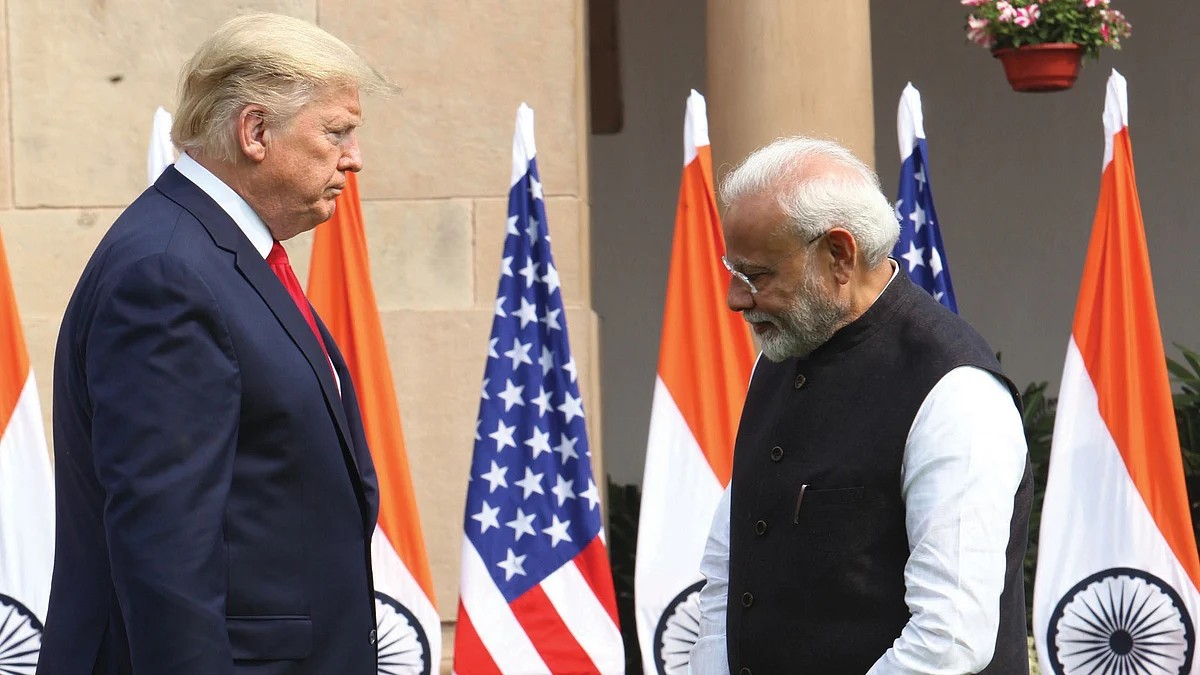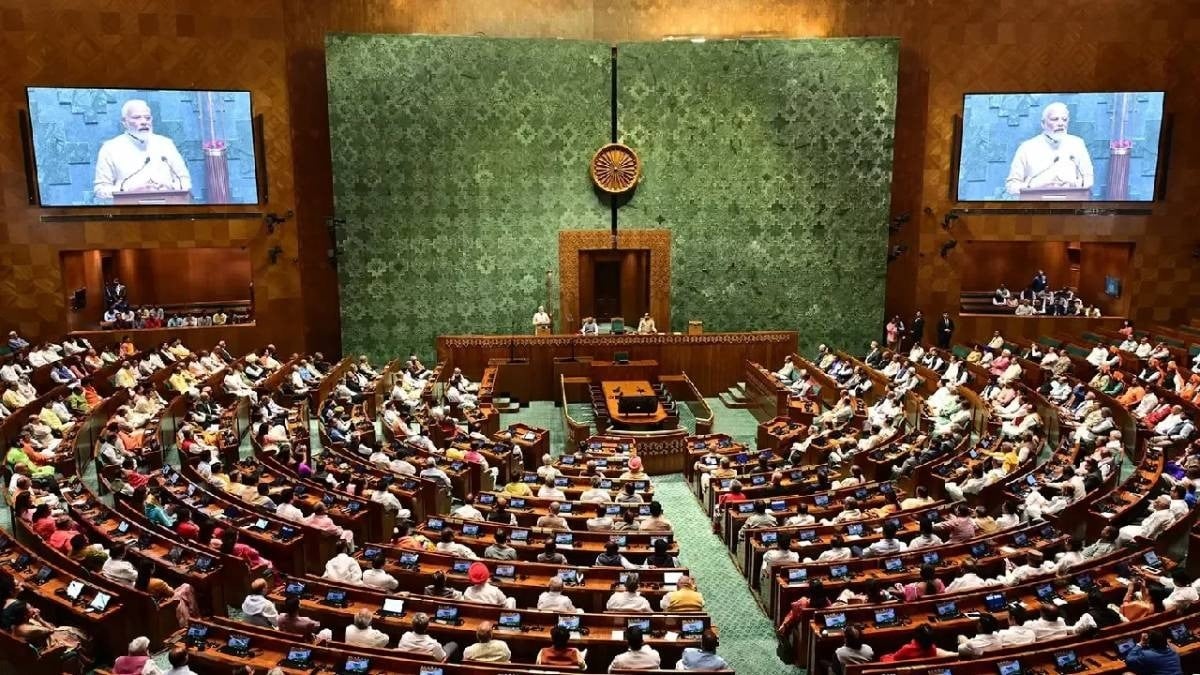In a significant escalation of trade tensions, President Donald Trump has announced that a 25 percent tariff will be imposed on all Indian exports to the United States, effective August 1. This announcement was made via a brief post on his social media platform, Truth Social, where Trump expressed strong criticism of India’s trade policies and its ongoing defense collaboration with Russia.
In his statement, Trump referred to India as a “friend” but emphasized that it operates with “far too high tariffs” and imposes what he described as “the most strenuous and obnoxious non-monetary trade barriers” encountered by any nation. This characterization underscores an ongoing sentiment within the United States regarding perceived inequities in international trade practices.
The President highlighted India’s continued procurement of military equipment and oil from Russia, linking this trade to the ongoing conflict in Ukraine. He stated, “India will, therefore, be paying a tariff of 25 percent, plus a penalty… starting August 1,” casting the tariff as a necessary measure in light of India’s alliances.
Trump further accused both India and China of “indirectly” supporting Russia’s military efforts through their trade activities. His comments suggest a broader strategy to align U.S. trade policy with its geopolitical stance, particularly in relation to the Russian invasion of Ukraine. Additionally, Trump mentioned that if he were to be elected again, he believes he could resolve the conflict “within 24 hours,” a statement reflecting his assertive approach to foreign relations.
The announcement follows earlier warnings issued in April, when the United States identified India among several countries that might face reciprocal trade measures. The subsequent delay in implementing these tariffs allowed for negotiations, but it appears that discussions did not yield the desired outcomes from the U.S. perspective.
This move comes at a time when New Delhi and Washington are engaged in ongoing talks to finalize a trade agreement that has faced numerous delays. Recently, U.S. Trade Representative Jamieson Greer commented on the need for additional time to evaluate India’s willingness to enhance market access for American exports, indicating that the current atmosphere may complicate these discussions.
As of now, the Indian government has yet to respond officially to this tariff announcement. The implications of this decision could have far-reaching effects on U.S.-India relations, particularly in the context of trade, defense, and geopolitical collaboration, as both countries navigate the complexities of their partnership against the backdrop of global challenges.










